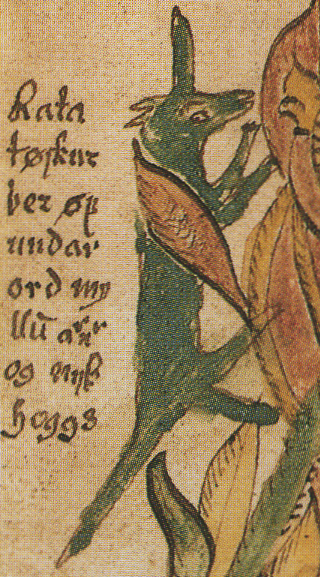This does raise the philosophical question: can God create an implant too large for Her to carry? In all seriousness, the most interesting explanation from antiquity is that שַׁדַּי is just דַּי with the relative pronominal prefix שֶׁ־. We similarly find the prefix שַׁ־ used in place of שֶׁ־ in the word שַׁקַּמְתִּי (in Shof'ṭim 5:7) which is like שֶׁקַּמְתִּי, and שָׁאַתָּה (in Shof'ṭim 6:17) which is like שֶׁאַתָּה—so here, too, שַׁדַּי is like שֶׁדַּי.
No disrespect to UCLA or UC Davis, but two prophets (Y'shaʿyohu in 2:3 and Michoh in 4:2) DID both say:
—and I don't remember ever reading "כי מקליפורניה תצא תורה ודבר ה' מלוס אנג'לס" or "כי מקליפורניה תצא תורה ודבר ה' מדייוויס" anywhere.
Really, He is in control of everything. So how would sustenance (if שַׁדַּי were derived from שׁד), omnipotence (if שַׁדַּי were derived from שׁדד) or even emanation (if שַׁדַּי were derived from the Aramaic שְׁדָא) not be included in that? By the way, shodayim (a woman's breasts) is unusual in that it is a masculine inflection of the noun; all other zugiyyim (dual plural forms) that are parts of the body are feminine.
As for the parenthetical insertion '(thus explaining their later translation as "all-powerful" or "almighty")', the T'na"ch (original Hebrew and Aramaic text of the Bible) is NOT a translation. It is the original text, in the original languages (i.e. Hebrew and a small amount of Aramaic), as it was before anyone started translating it; the Bible was written (mostly) in Hebrew, it was never 'translated' into Hebrew.

ageofempires.fandom.com





 )
)

